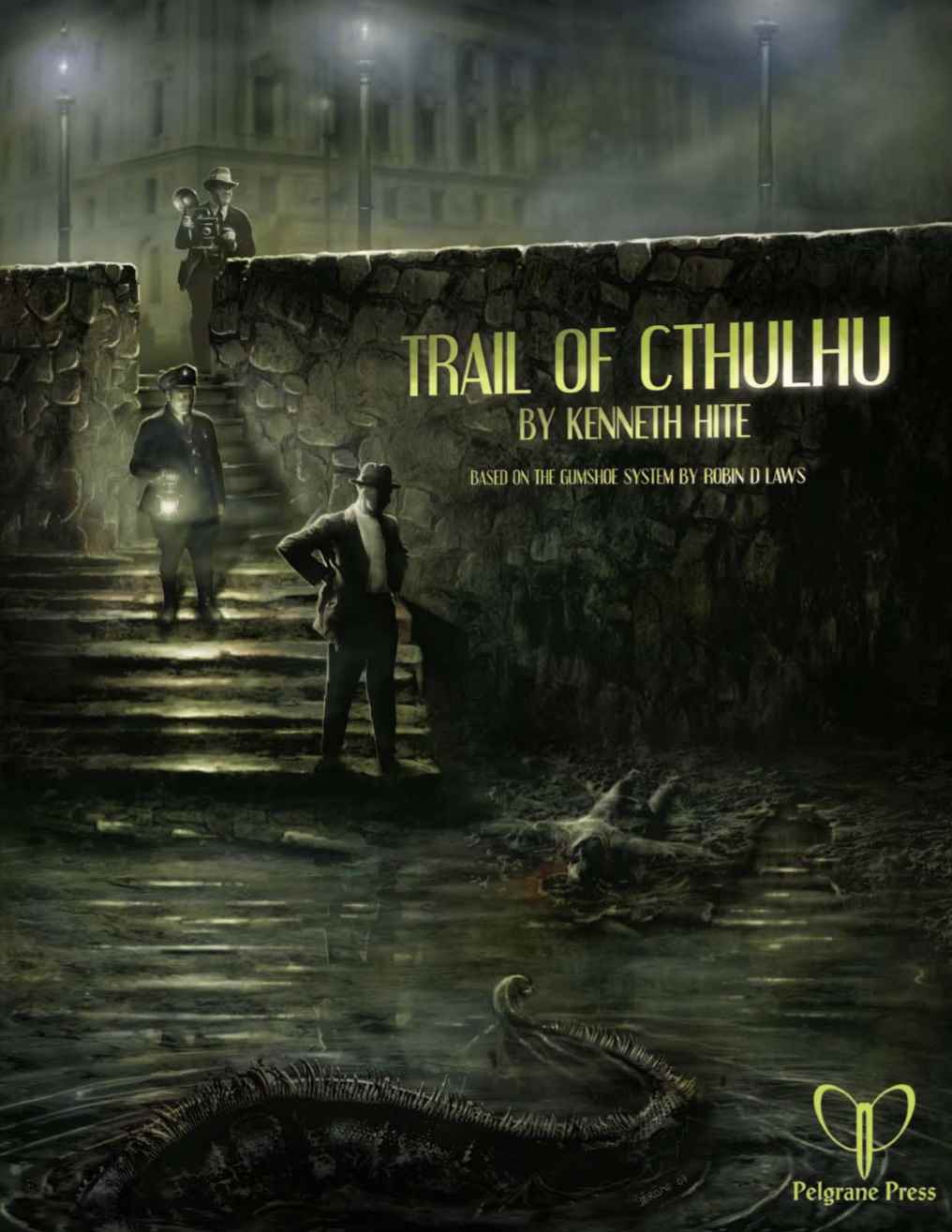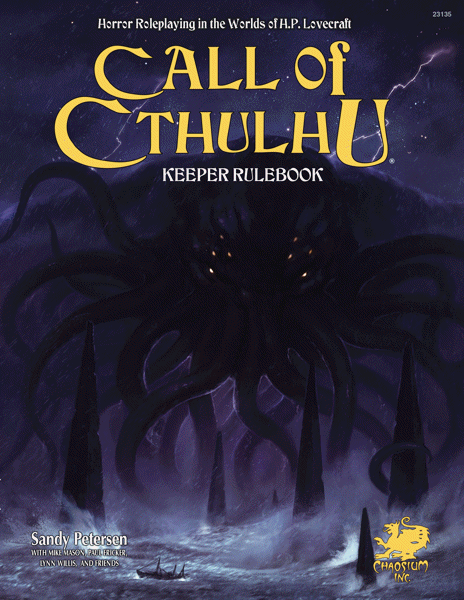Trail or Call of Cthulhu?


With two great marquee Cthulhu role-playing games available, Call of Cthulhu and Trail of Cthulhu, how do you decide which is right choice for your game1?
Material from each game is essentially always convertable to the other, so the availability of adventures and campaigns is moot—unless you are very new to RPGs2.
I see the differentiator as the way the game rules model things: Call prefers to have rules that focus on the way the world works, with the narrative implications falling out of that. On the other hand Trail’s rules tend to focus on the way the narrative works, with the implications about the way the world works being only important as far as the support the story.
This manifests most obviously in Trail’s point spend systems. Briefly, Call characters have percentage chances of success with each skill, and can continue to use that skill with the same level of proficiency as long as it makes sense in the world.
In contrast, Trail characters have pools of points for each skill, and spend them to gain bonuses. This means they can exhaust their pool of points for a given skill. In Gumshoe’s view this means they have exhausted their narrative spotlight time for that skill and it’s time to mix things up with an alternate way of solving the problems at hand. As an example, a character fighting off a ghoul with butchers knife can spend through all their weapons points over several rounds. They can continue to fight the ghoul but they are at the mercy of the basic attack rolls. The knife is stull as functional as ever, but its not dramatically interesting to just keep doing the same thing over and over; it’s time to try something else. How about explosives?
More subtly – in part because when Trail was written the rules weren’t as clear about this as they in more recent games3 – Gumshoe offers players a lot of leeway to take the story in directions the GM has not anticipated by spending investigative points for narrative benefits. These need not be huge shifts, but the player gains advantage later in the story and a moment for their character to shine.
If you still can’t make your mind up from that, my preference is Trail, and one of the key reasons is that it clearly supports a number of modes of play (specifically with Pulp and Purist optional rules), different campaign frames4, and published material that supports prescribed scenarios, through to heavily improvised campaigns.
- Assuming you have no familiarity with the underlying systems (BRP and Gumshoe) and only want to buy one game.
- If you are very new to RPGs I would then lean toward Trail as its got a great range of excellent adventure supplements available for any taste.
- Tony William’s rules commentary pamphlet the Enchiridion of Elucidation has material about spending for benefits. This is adapted from later Gumshoe games via The Gumshoe System Reference Document back to Trail of Cthulhu.
- Campaign frames are setting variants, often with a central motivating theme for the players, such as being part of an academic inquiry into weirdness in the world, or being skeevy booksellers who need to make rent.